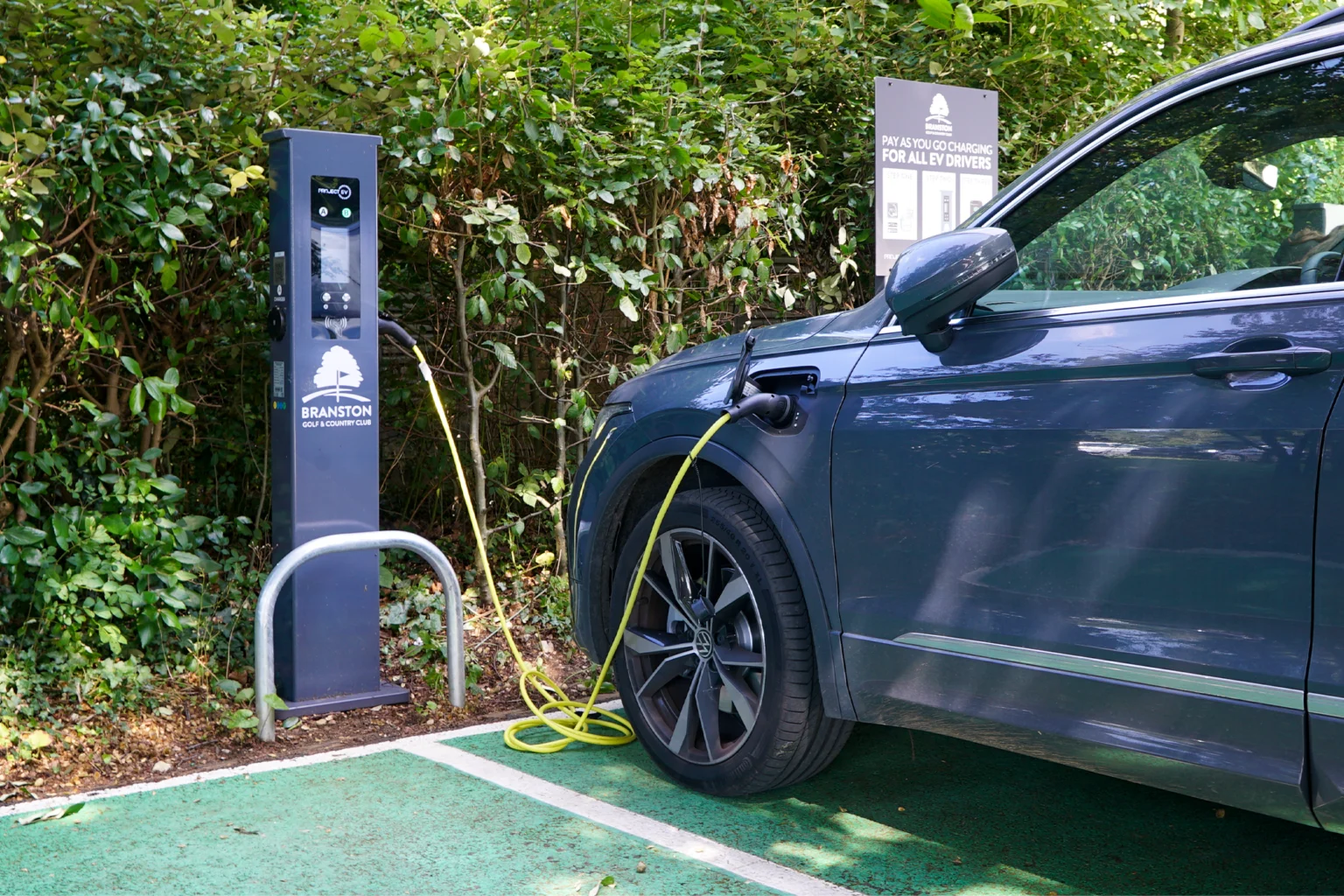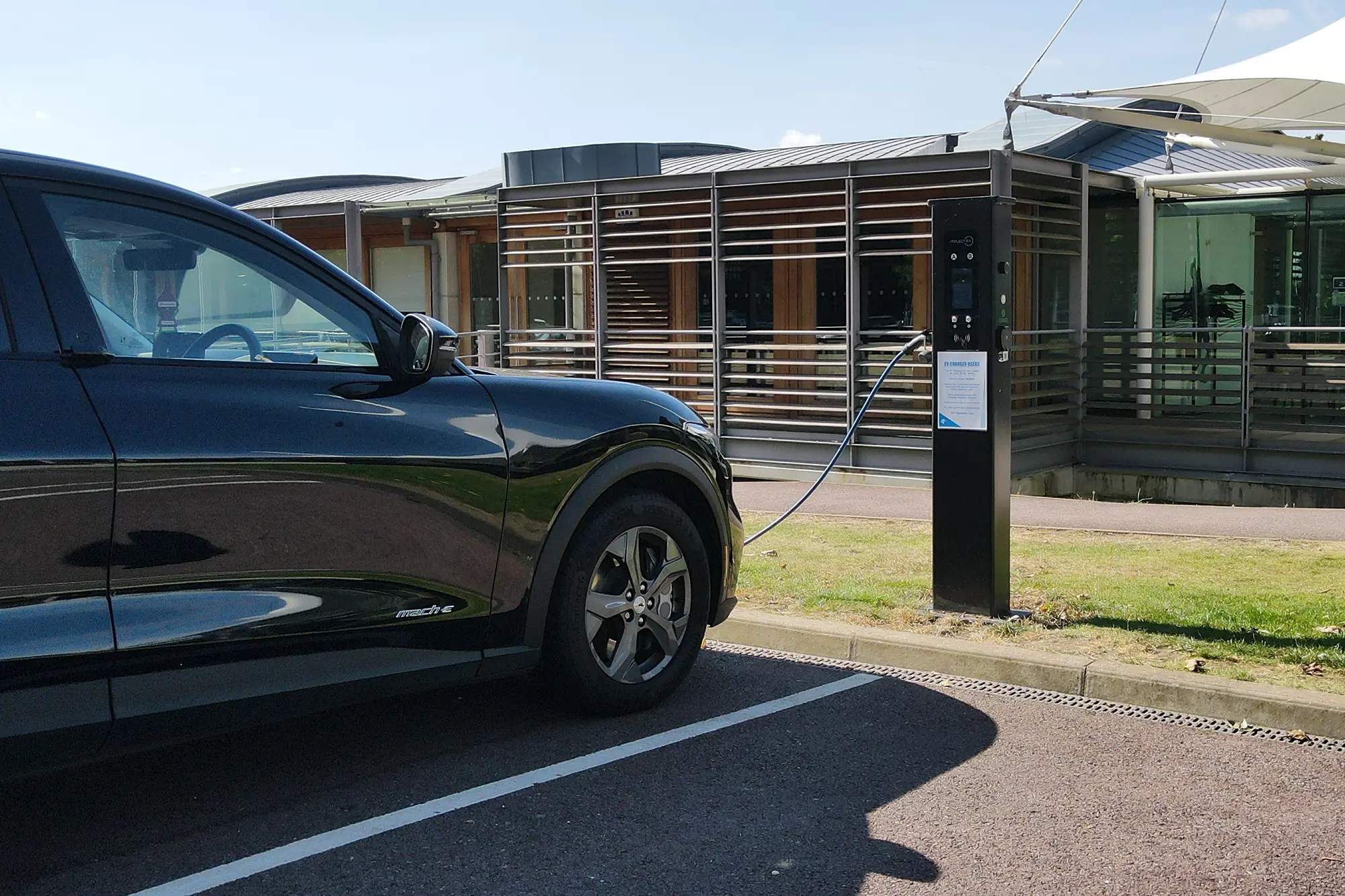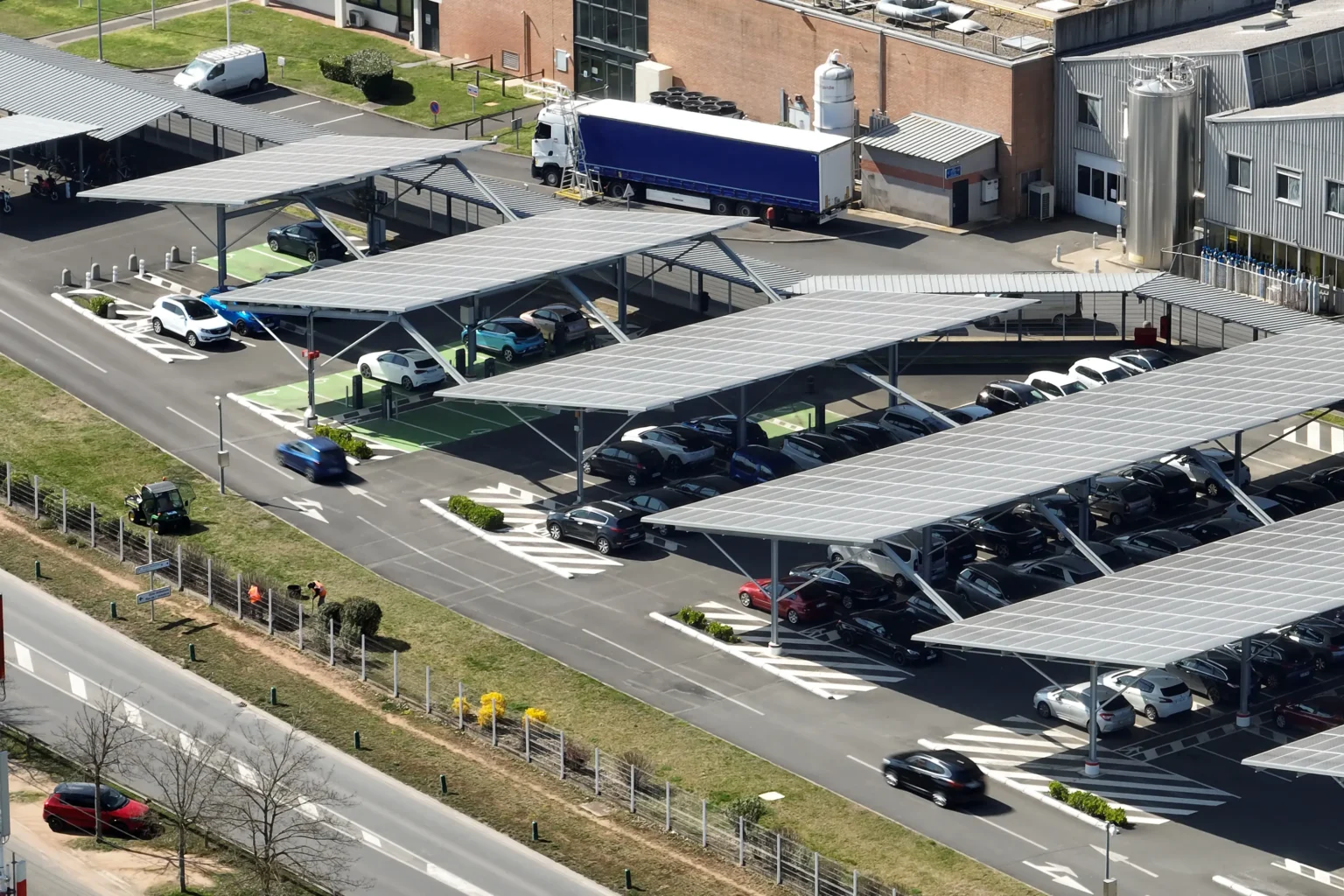Is your premises in a high-usage area, and do you own your own car parking area? If the answer to both of these is yes, then now is the time to consider installing EV charge points.
The revenue you can expect per charge point will vary, but typically, they generate around £1,000 to £2,000 per month. This can depend on factors such as the number of charge points and the speed of charging, and the pricing model translates to approximately £12,000 to £24,000 per year per charge point.
Would you like more detailed information on how to maximise revenue from EV charge points or insights into the best locations for installation – give Project Better Energy a call. Here are some tips for EV charge point revenue optimisation:
-Strategic Pricing: Implement dynamic pricing models such as time-of-use rates to encourage off-peak charging. Subscription packages for regular users can also boost revenue.
-Location Optimisation: Place chargers in high-traffic areas such as shopping centres, office car parks, business parks, retail and leisure parks and residential complexes. Proximity to amenities and services can attract more users. For retailers, EV charge points are already boosting footfall and bringing in additional retail revenues.
-Partnerships and Sponsorships: Partner with local businesses, EV charging network providers, or energy companies to share installation and maintenance costs. Revenue-sharing agreements can create mutually beneficial arrangements.
-Additional Services: Offer value-added services like Wi-Fi, ebike charging, vending machines, or car wash facilities to enhance the user experience and increase dwell time.
-Marketing and Promotion: Promote your charging stations through social media, local advertising, and partnerships with local EV dealerships to attract more users.
Best Locations for EV Charge Point Installations right now:
-Retail Sites: Installing EV chargers at retail locations can attract EV owners who might spend time shopping while their vehicle charges.
-Office Parks and Business Centres: Providing charging facilities can be an added benefit for employees and visitors, encouraging the adoption of EVs – helping firms towards their Net Zero goal as more employees driving into work in EVs will help reduce employers’ Scope 3 emissions.
-Residential Areas: Installing chargers in residential complexes or apartment buildings can cater to homeowners who prefer charging their vehicles overnight.
-Public Parking Areas: Placing chargers in public car parks or off street garages near public transport links can serve commuters and visitors who need to charge their vehicles while they are elsewhere.
-Highway Rest Stops: Installing fast chargers at motorway services can support long-distance EV travel and reduce range anxiety.
The UK’s charge point rollout has been hindered until recently because it’s been slower and more expensive than it needs to be for charge point operators to get planning permissions and electricity grid connections. However new regulations and incentives are opening up. Come and talk to Project Better Energy about how to open up new revenue streams from EV charge points while staying on the right side of these new regulations and taking advantage of new funds being made available to local councils to incentivise and support more EV charge point installations.
















